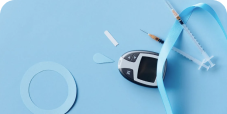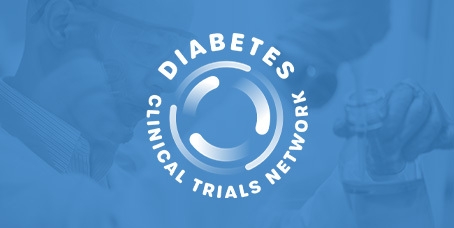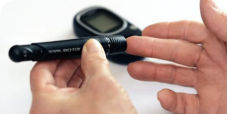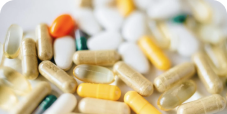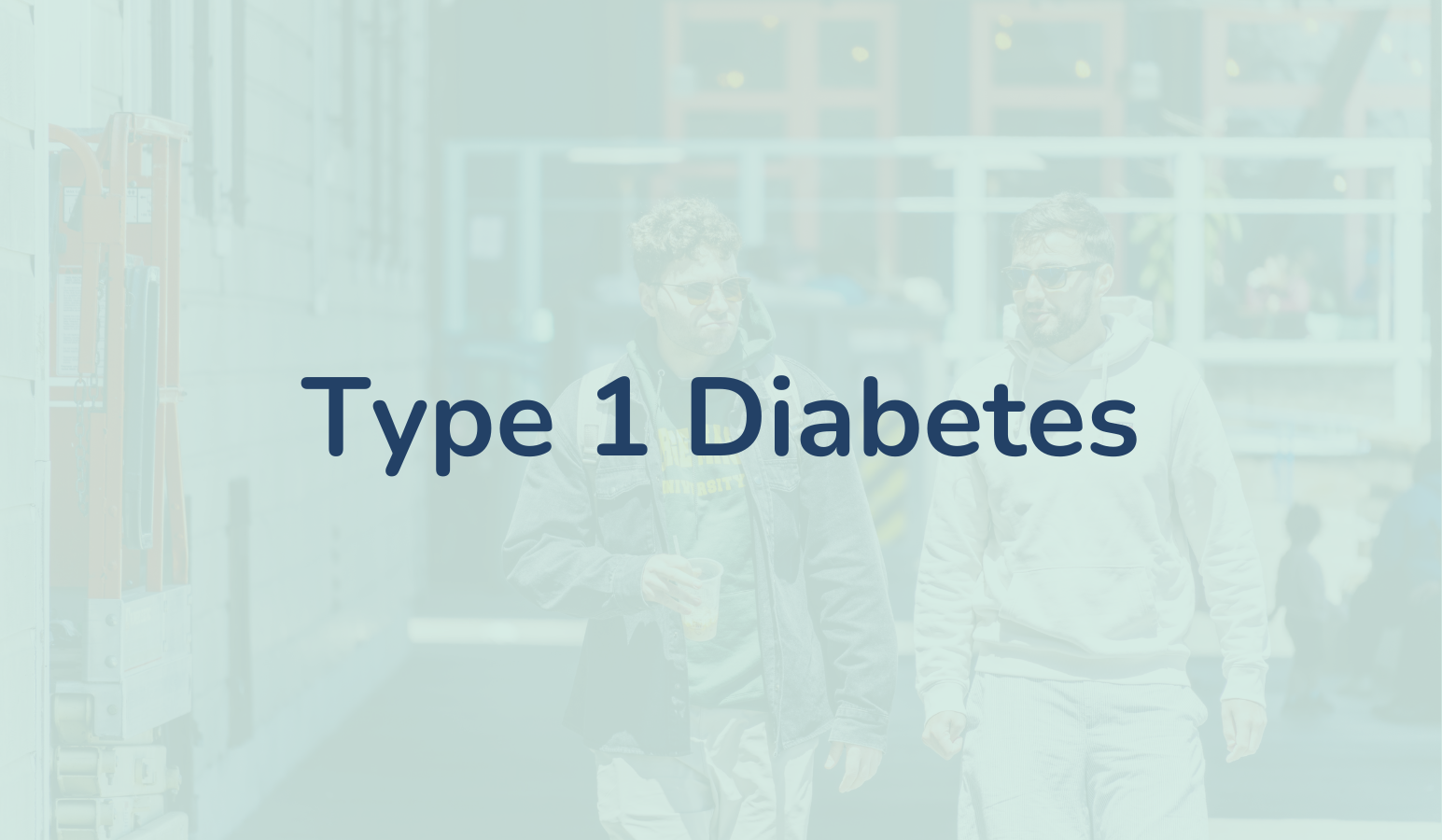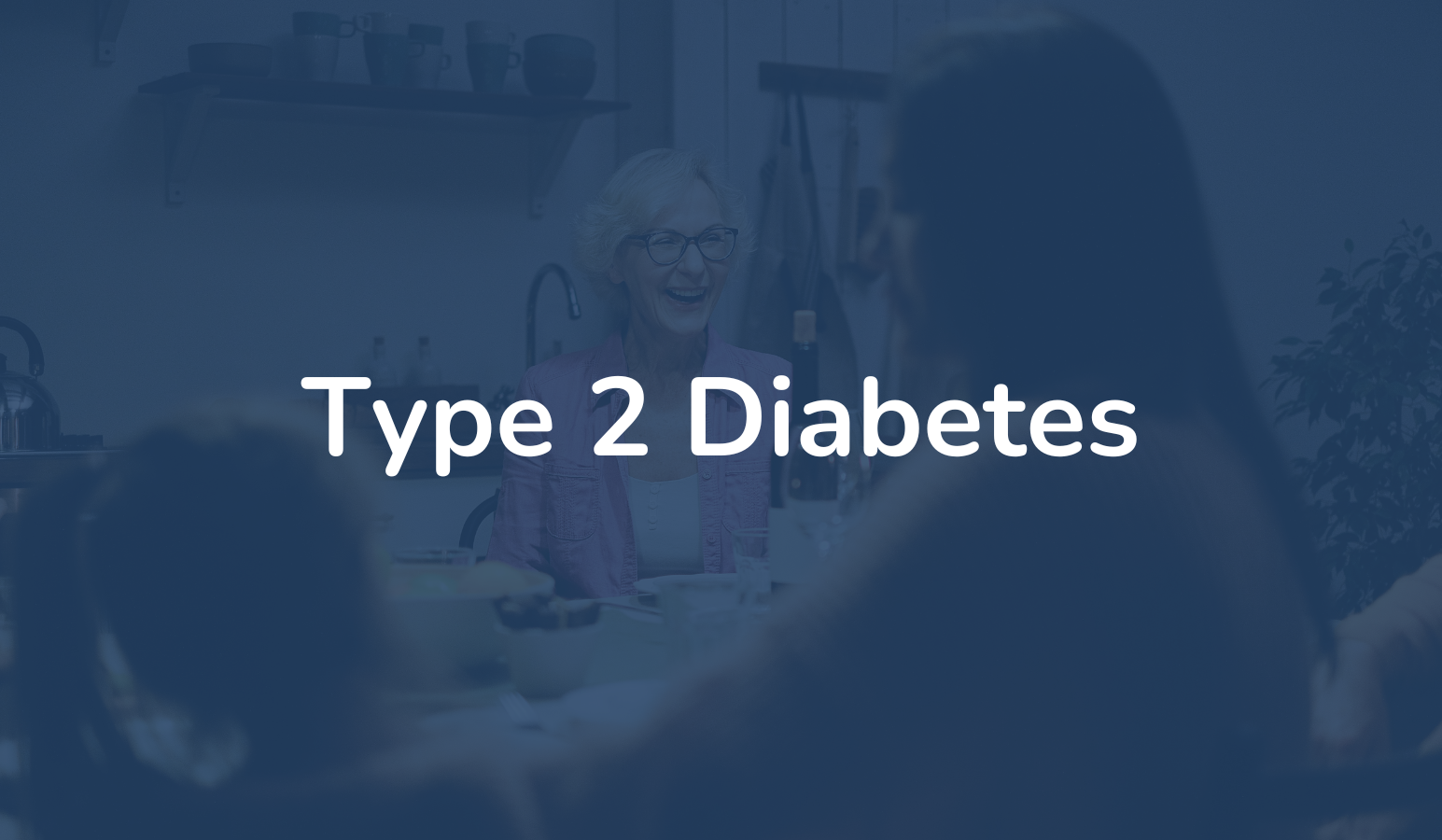Latest articles
Filters
articles

What Are the Types of Insulin Therapy?
There are 2 broad types of insulin therapy. They are basal insulin, also called long-acting insulin, and meal-related or prandial or short-acting insulin. All insulins must be given by injection, because it cannot be absorbed through the intestines. Basal insulin is typically injected once or twice daily. There is also one type of basal insulin...
articles
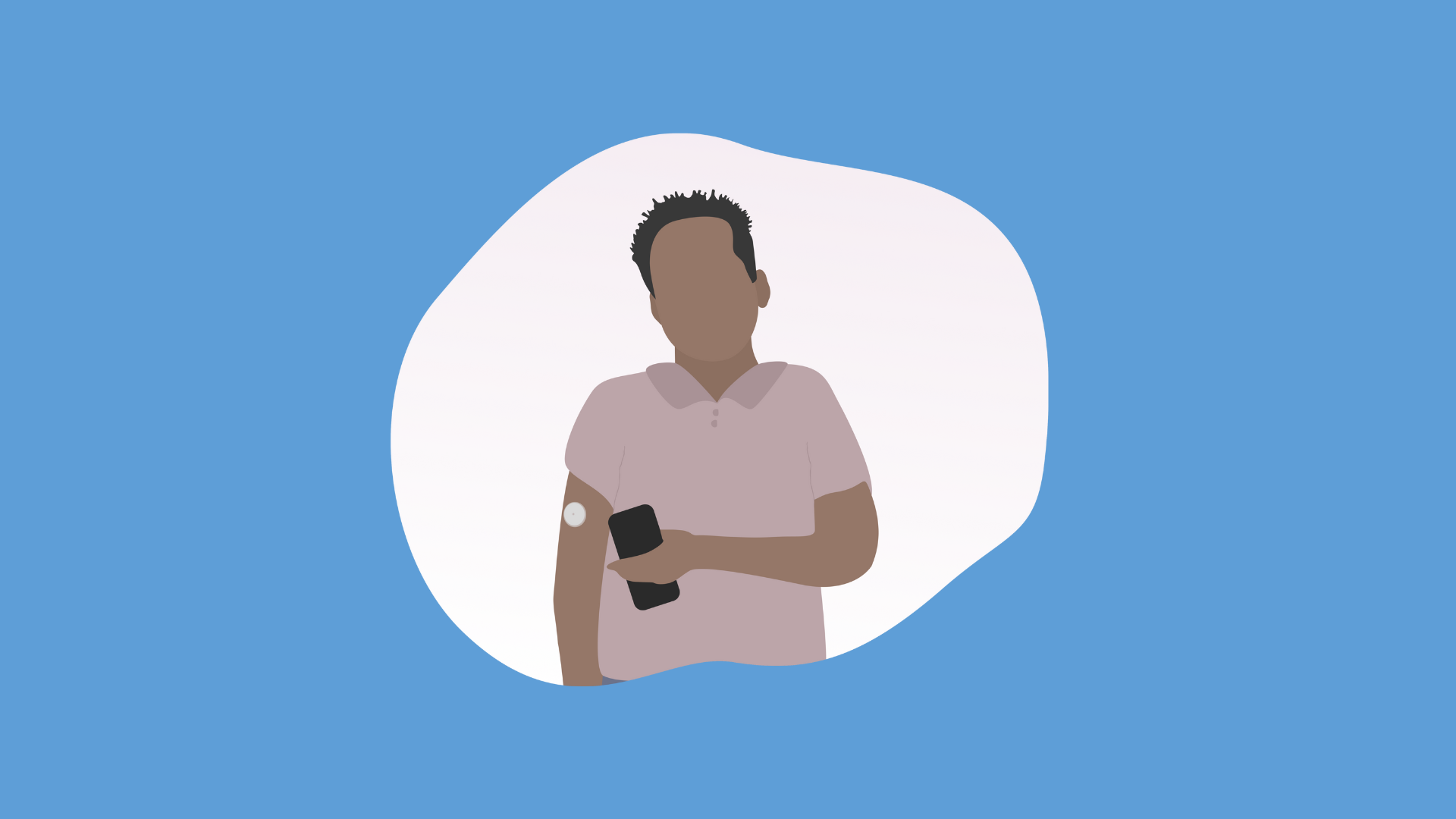
Glucose Sensors and Making Changes: Empowering People with Diabetes
As diabetes care continues to change, so does the way we monitor glucose levels. Continuous glucose monitors (CGM) have emerged as helpful tools that provide real-time blood glucose levels, offering an immediate picture of glycemic patterns that traditional finger-prick methods cannot offer. But beyond the glucose number, the most powerful information is the opportunity to...
articles

When Does Insulin Need to be Added?
Diabetes occurs when your body can’t properly manage blood sugar, or glucose, which is the main fuel for your cells. This happens because the pancreas either doesn’t make enough of the hormone insulin, or the body can’t use the insulin it produces effectively. Insulin’s job is to act like a key, unlocking your cells so...
past webinars
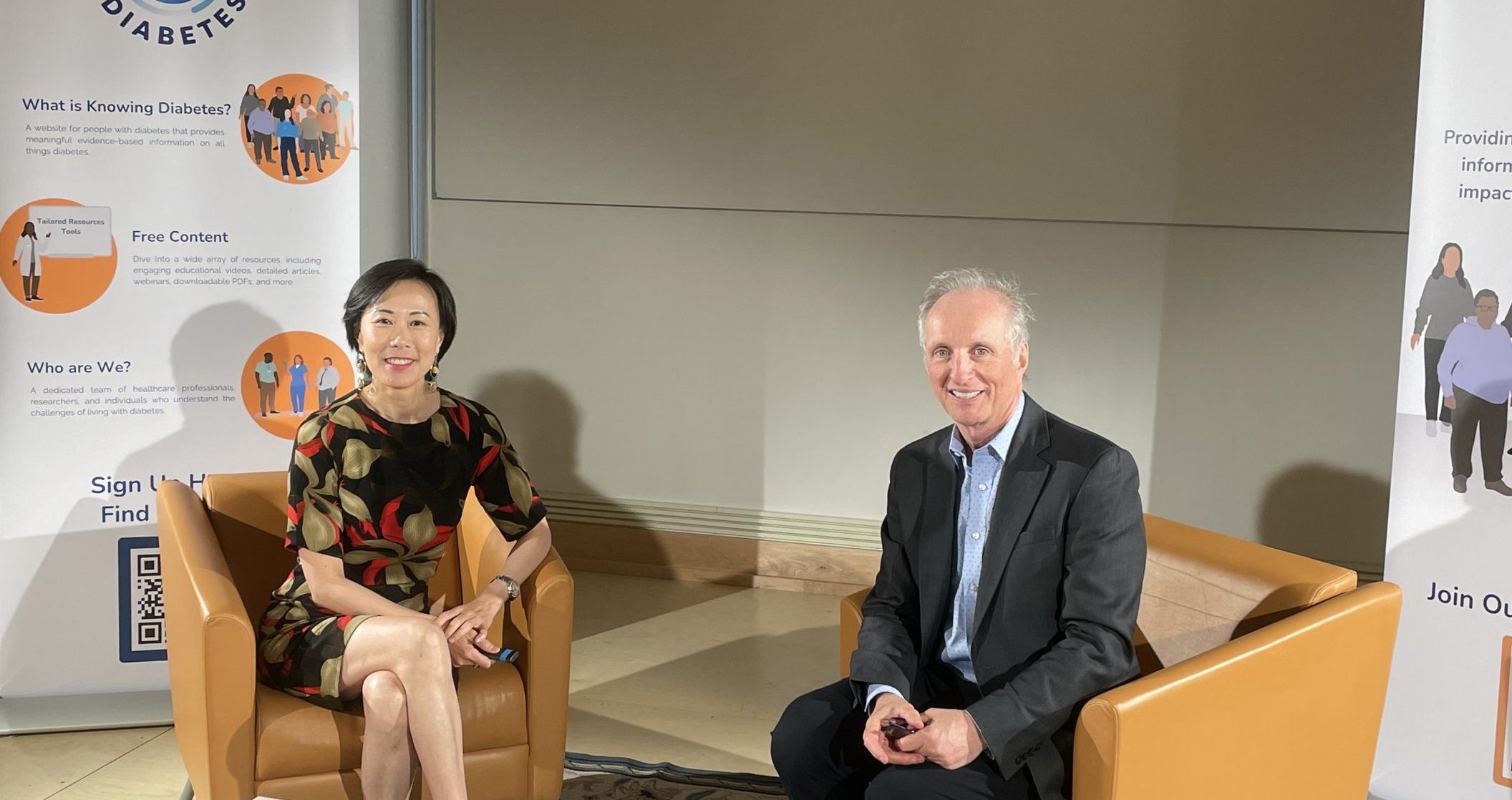
Webinar Recap: The Info Hiding in Your Continuous Glucose Monitor Readings
This live webinar, hosted by Dr. Hertzel Gerstein and featuring Dr. Alice Cheng as the keynote speaker, was all about understanding the hidden information in your continuous glucose monitor (CGM) readings. The conversation focused on how CGMs provide a continuous stream of data that helps you actively manage your diabetes. Dr. Cheng explained that traditional...
articles
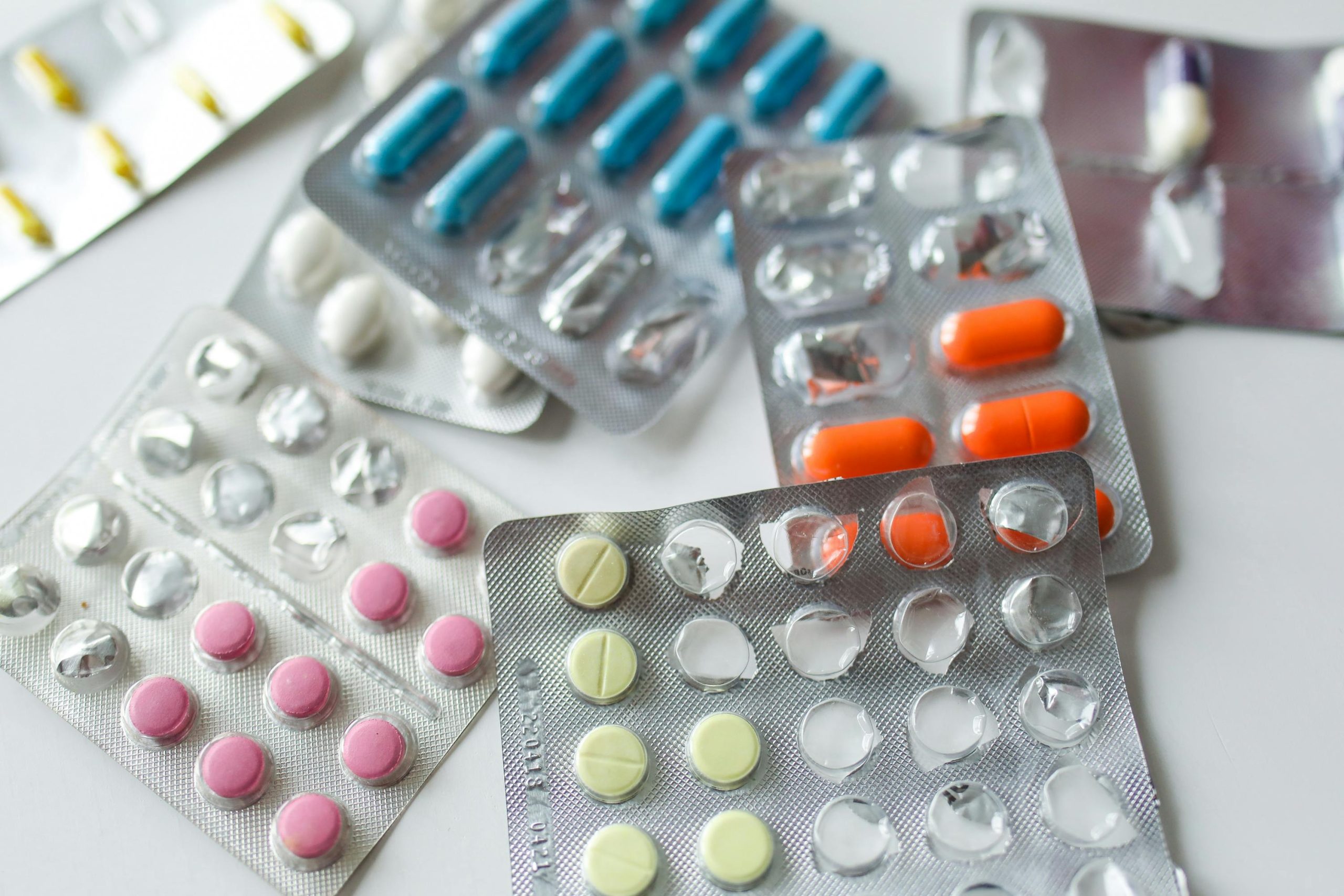
How Well Will a Particular Drug Work for You?
Before most new drugs are approved by governments for the treatment of diabetes (or any disease for that matter) they need to be tested in large numbers of patients within randomized controlled trials. For diabetes, these trials compare the effect of taking these drugs versus a placebo or an alternative drug on glucose levels, hypoglycemic...
articles

Why Blood Sugar Control Can Be Different for Males and Females
Differences exist in how the male and female body controls blood sugar levels. These differences are present in everyone, but they’re especially important to understand for people with type 2 diabetes (T2D). These differences can affect how likely someone is to develop T2D and how well their treatments work. Generally, females are somewhat less likely...
